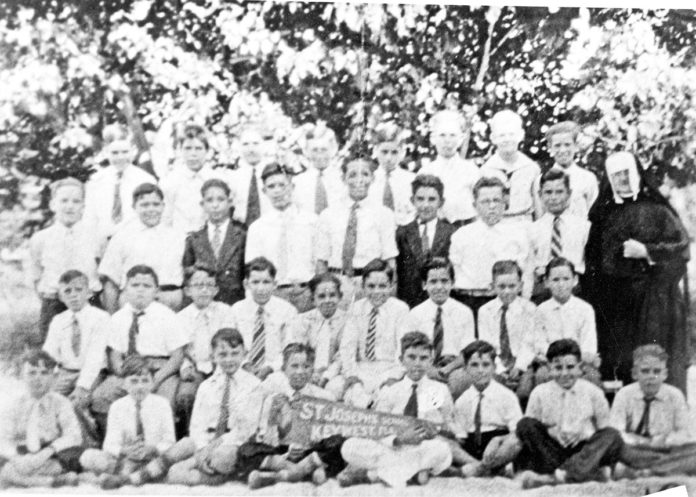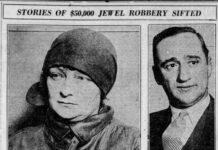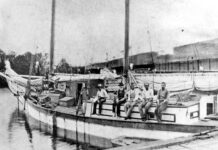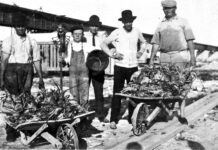
Key West Fire Chief Joseph “Bum” Farto disappeared Feb. 16, 1976 while awaiting sentencing for a drug trafficking conviction stemming from Operation Conch – a sting operation that found Farto allegedly selling cocaine from the city’s fire station. Farto became the Jimmy Hoffa of Key West, and the island has swirled with rumors of his fate since he disappeared. David Sloan and Quincy Perkins have launched an unparalleled investigation into Chief Farto’s life, legends and disappearance in an attempt to find the truth. Each week they will share elements of their research here in the Key West Weekly while working to solve one of the greatest mysteries in the history of Key West. Share your Bum Farto tips and stories at www.findbumfarto.com.
Can your name determine your trade or profession? What about your fate? What if your name was Joseph Anthony “Bum” Farto?
There was a time when surnames helped identify people in accordance with what they did. The practice led to families such as the Bakers, Fishers, Brewers and Cooks. As names evolved, the tables turned. Today there is a hypothesis called nominative determinism, which suggests that people subconsciously gravitate to an area of work that ties to the meaning of their name.
Bum Farto is the butt of countless jokes because of what many consider an unfortunate name. The jokes dismiss the human being who was an integral part of the Key West community, in favor of grade school humor and cheap laughs. These jokes are unlikely to disappear any time soon, but they overlook the actual significance of the names assigned to the Key West firefighting legend.
The chief’s given name, Joseph, arrived through Latin and Greek from the Hebrew Yosef meaning “he will add.” The Latin origins of his middle name, Anthony, are a little more muddled, but at least one meaning of that name is “priceless.”
Farto likely stems from the Latin fartus meaning “stuffed” or “filled.” In Spain and Portugal this became Fardo, and in the case of Bum’s family, the d would follow linguistic patterns and become a t. The meaning of fardo is a “parcel,” “package,” “bundle,” or “bale.”
There are a couple of stories circulating about how Bum got his nickname. The most reliable one comes from Alex Vega at The Key West Firehouse Museum. The story goes that while growing up on Greene Street next to Fire Station No. 1, a young Joseph Farto was determined to become a fireman. Each time the alarm bell rang and the engine headed out to a fire, little Farto ran behind it and hopped on the back to “bum” a ride while the firemen who remained at the station would yell, “Get off of there, you bum!” as Bum made his escape. The new nickname stuck with a capital B.
When we combine all of Bum’s name origins, “Joseph Anthony Farto” means “He will add priceless bales.” A fitting name when we consider the alleged smuggling often associated with the chief. As for “Bum,” some local theories suggest Joseph “Bum” Farto was true to his name and “bummed” the most important ride of his life when he disappeared before sentencing for his drug conviction.
Coincidence, or nominative determinism? You be the judge of that.

























